If you’re shopping around for a mirrorless camera during Black Friday, it can be tough to decide which one is the best fit for your needs and budget. From premium compacts to versatile mirrorless hybrids, the camera market in 2022 is awash with options for every type of photographer. What’s more, we expect many of the best cameras to be discounted during Black Friday.
Whether you’re a novice photographer or a seasoned enthusiast, that the next ten days could be a great time to pick up a new camera. You might be getting ahead on your Christmas shopping, or you might be looking for a good deal during these tricky economic conditions. Either way, we’ve put together this guide to help you buy the right camera during Black Friday and Cyber Monday.
Before you dive in and start searching for the best Black Friday camera deals, it’s worth having in mind what camera you want. The answer will depend in part on your budget, skill level and the kind of content you want to create. That’s why we’ve set out some key tips to consider when selecting a camera, based on our countless hours of expert testing across all camera formats.
We’ve then recommended our top picks for the three main categories of camera, to help you draw up a shortlist before hunting for the best Black Friday camera deals.
Why buy a mirrorless camera in 2022?
While the best camera phones can produce fantastic stills and video, smartphones still can’t compete with the best cameras when it comes to creative control, shooting performance and outright image quality.
Even with advancements in computational photography, the larger sensors found in standalone cameras are capable of capturing more light and detail in any scene. And while the latest flagship handsets tend to feature multiple lenses, these are no comparison for the optical quality of specialist glass available for mirrorless and DSLR cameras, or for the true telephoto zoom range of the best travel cameras.
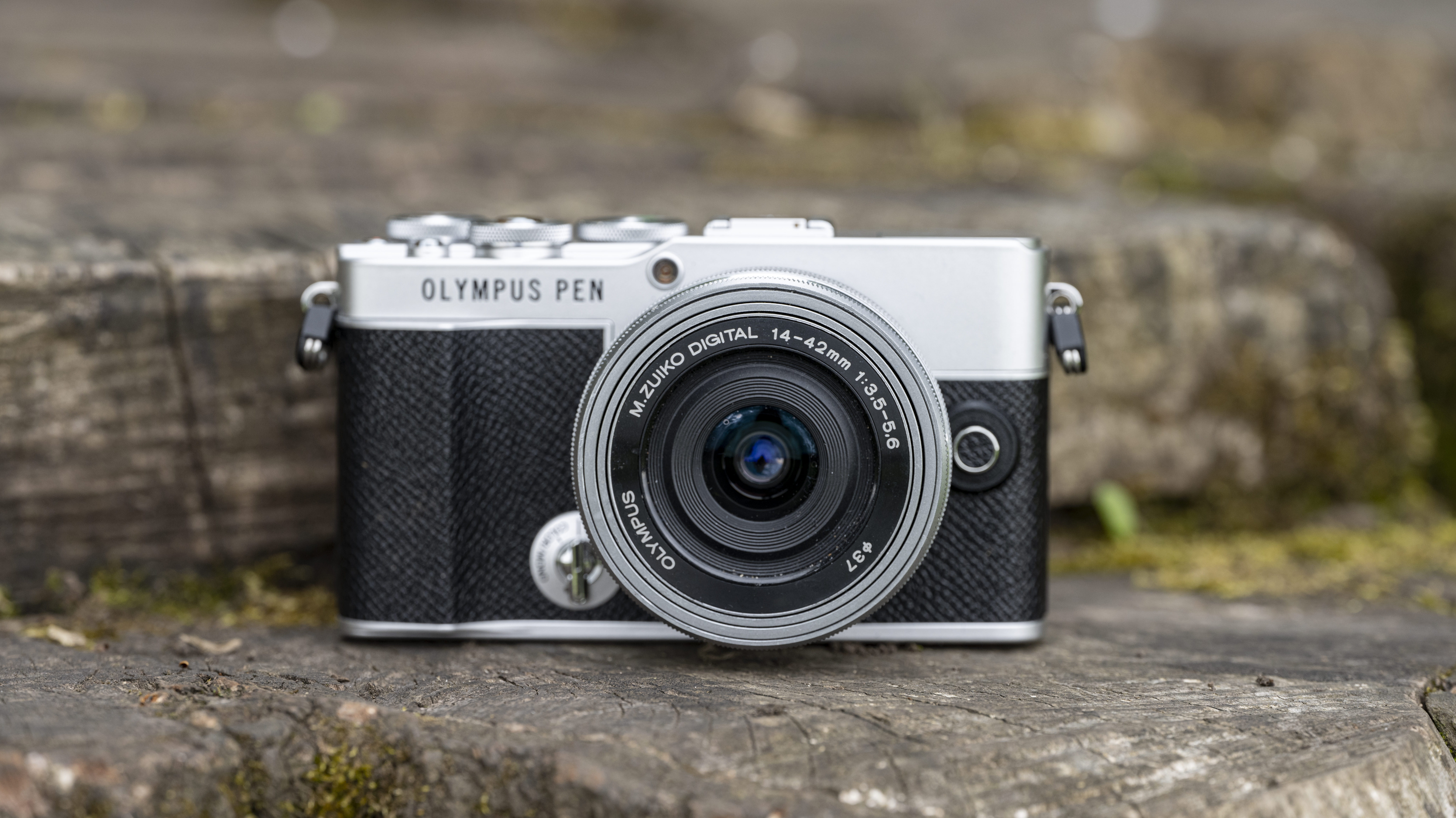
Smartphones have fuelled an explosion in the popularity of photography, leading to a growth in the variety of cameras on the market. Instant cameras have undergone a huge revival, while video is now a major focus, thanks to the advent of drones, as well as vlogging and action cameras.
We’ve created this guide to help you navigate all of the options during Black Friday. We’ve explained some key factors to keep in mind when shopping for a discounted camera, to help you find the best value among the Black Friday camera deals. We’ve also highlighted our top recommendations across the three main categories of consumer camera – DSLR, mirrorless and compact.
How to choose the right type of camera
1. Interchangeable or fixed lens?
Before choosing whether or not you want a DSLR, mirrorless camera or compact camera, there is a more fundamental question to answer – do you want a camera with interchangeable lenses or a fixed lens camera?
The former are hugely versatile and offer the best image quality for most types of photography, because you can choose a specific lens for the job. They also mean the camera can grow with you, with the option to add specialist glass to your kit bag later on.
That said, it's important to work out whether you'll genuinely embrace the added cost and complexity of lenses. Also, if you're keen to explore one particular form of snapping – street photography, for example – a specialist fixed lens camera may suit you better.

2. DSLR vs mirrorless
Looking for a versatile option? There are two main types of interchangeable lens camera: DSLRs and mirrorless cameras. We’ve set out the key comparisons in our feature on Mirrorless vs DSLR cameras, but the main difference lies in how they process images. DSLR cameras use a mirror to direct light onto the sensor or to the optical viewfinder, for a true optical view. Mirrorless cameras are entirely digital. Light passes directly onto the sensor, to be displayed on the screen or electronic viewfinder (EVF).
So what are the practical differences, then? Generally speaking, DSLR cameras have longer battery lives (because their viewfinders aren’t digital). Some people also prefer the handling and feel of a DSLR camera, which is generally larger than a mirrorless equivalent. Historically, DSLRs also had larger lens ranges because they’d been around longer, but mainstream mirrorless lens systems have now broadly caught up.
Advancements in mirrorless technology mean that mirrorless cameras are now the best choice for most people. They offer the most modern shooting experience available in a standalone camera, with rapid electronic burst speeds, comprehensive connectivity features and excellent video skills. So much so that several mainstream manufacturers have now halted DSLR production altogether, including Canon and Sony. If you’re stepping up from a smartphone, you’ll likely feel more at home with the all-digital shooting experience of a mirrorless camera.
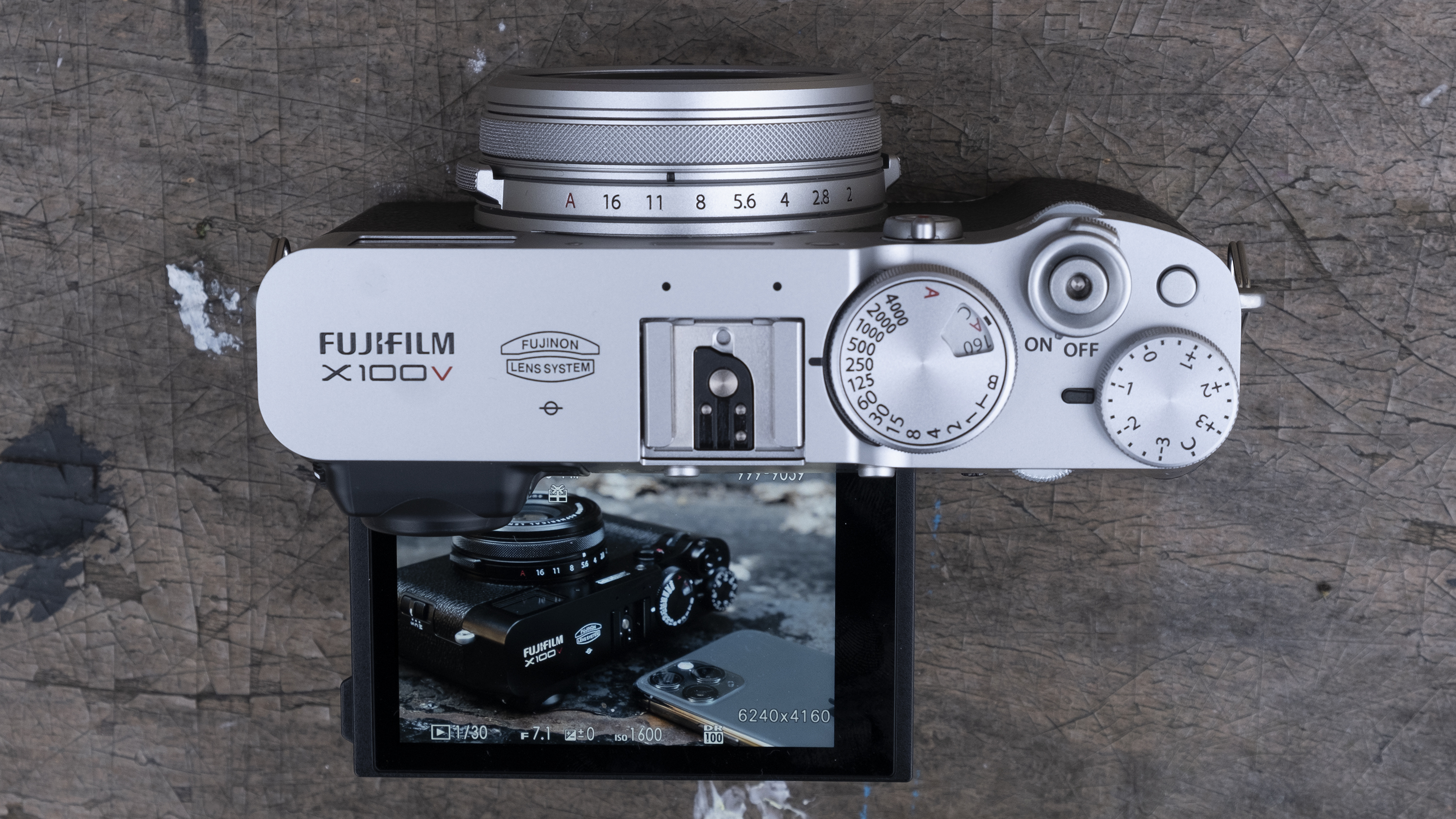
3. Compact and pocket cameras
If you’re not too concerned about having the option of swapping lenses, it’s worth considering the best compact cameras. While simple, point-and-shoot compact cameras have broadly been killed off by the photography skills of modern smartphones, the top premium compacts offer fantastic versatility and performance in pocket-friendly packages.
Models with a Micro Four Thirds or APS-C sensors inside (scroll down for more information on the difference) are capable of capturing detailed images, as well as sharp video footage. This combination of a big sensor with a small body makes them great tools for travel and street photography. Touchscreen interfaces are also common, giving a helpful entry point for smartphone upgraders.
If you prize portability above all, you’re not limited to the traditional compact design. Some of the best action cameras also double up as fantastic compacts, especially if you’re looking to record stabilized videos in tricky conditions. Other pocket camera options include twin-lens models which can shoot 360-degree footage and photos, as well as cameras with lenses on a stabilizing gimbal, for supremely steady video.
The camera specs to look out for
Camera spec sheets can be pretty hard to decipher, so we've picked out a few of the key features that are worth keeping an eye out for during your Black Friday camera shopping.
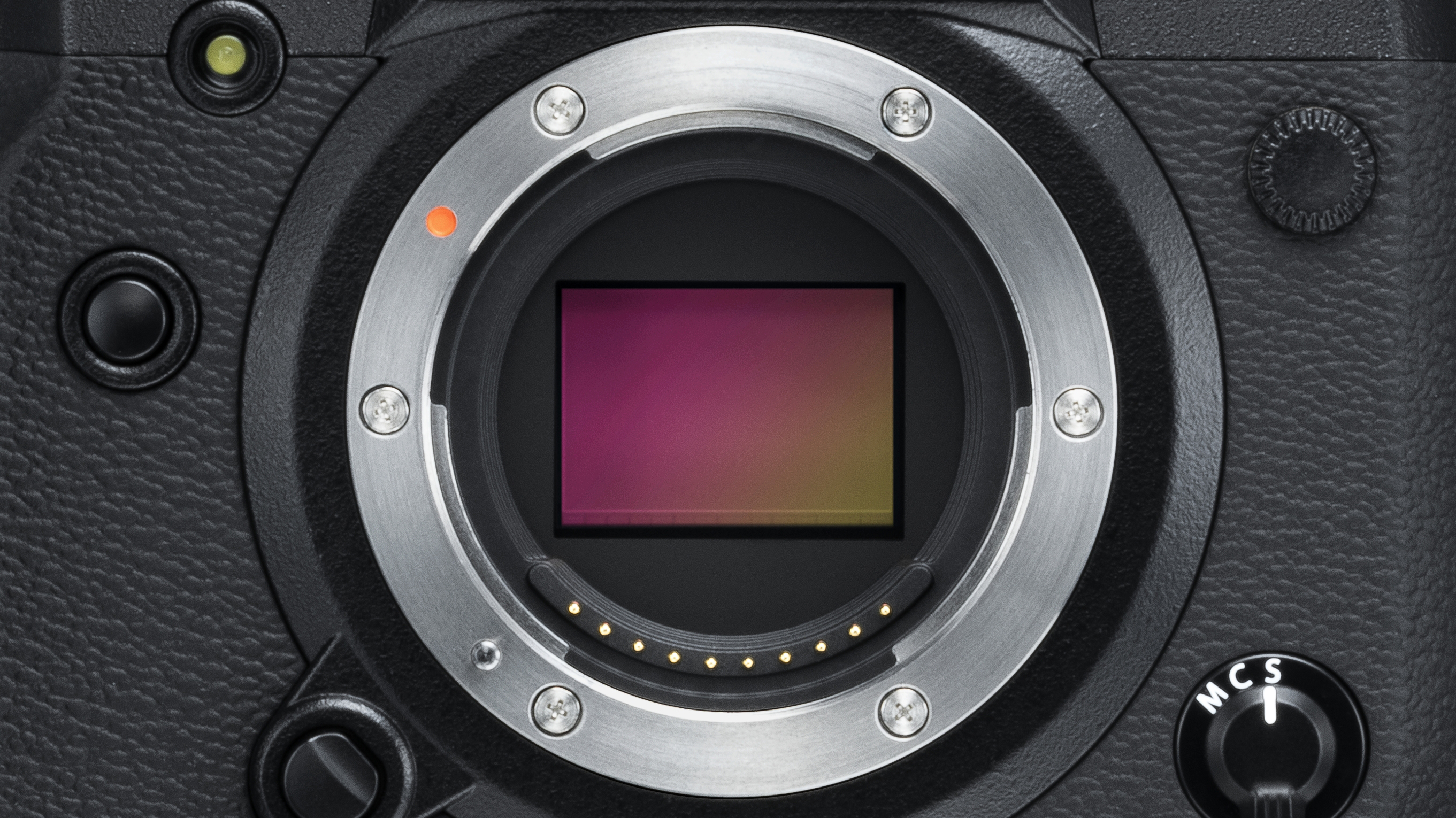
1. Sensor size
Far more important than a camera’s number of megapixels is the size of its sensor. For compact cameras, we’d recommend looking at models with 1-inch sensors or higher. For DSLRs and mirrorless cameras, you really have three sensor size choices. In ascending order of size, these are Micro Four Thirds, APS-C and full-frame.
You might assume that full-frame is the ‘best’ because it’s the largest of the three. While full-frame cameras do have better light-gathering powers, the downside is bigger, pricier lenses, as well as the larger proportions of their bodies. Beginners are generally better off starting with a Micro Four Thirds or APS-C camera, as these will be smaller, more affordable and more user-friendly, while still offering useful features such as in-body image stabilization.
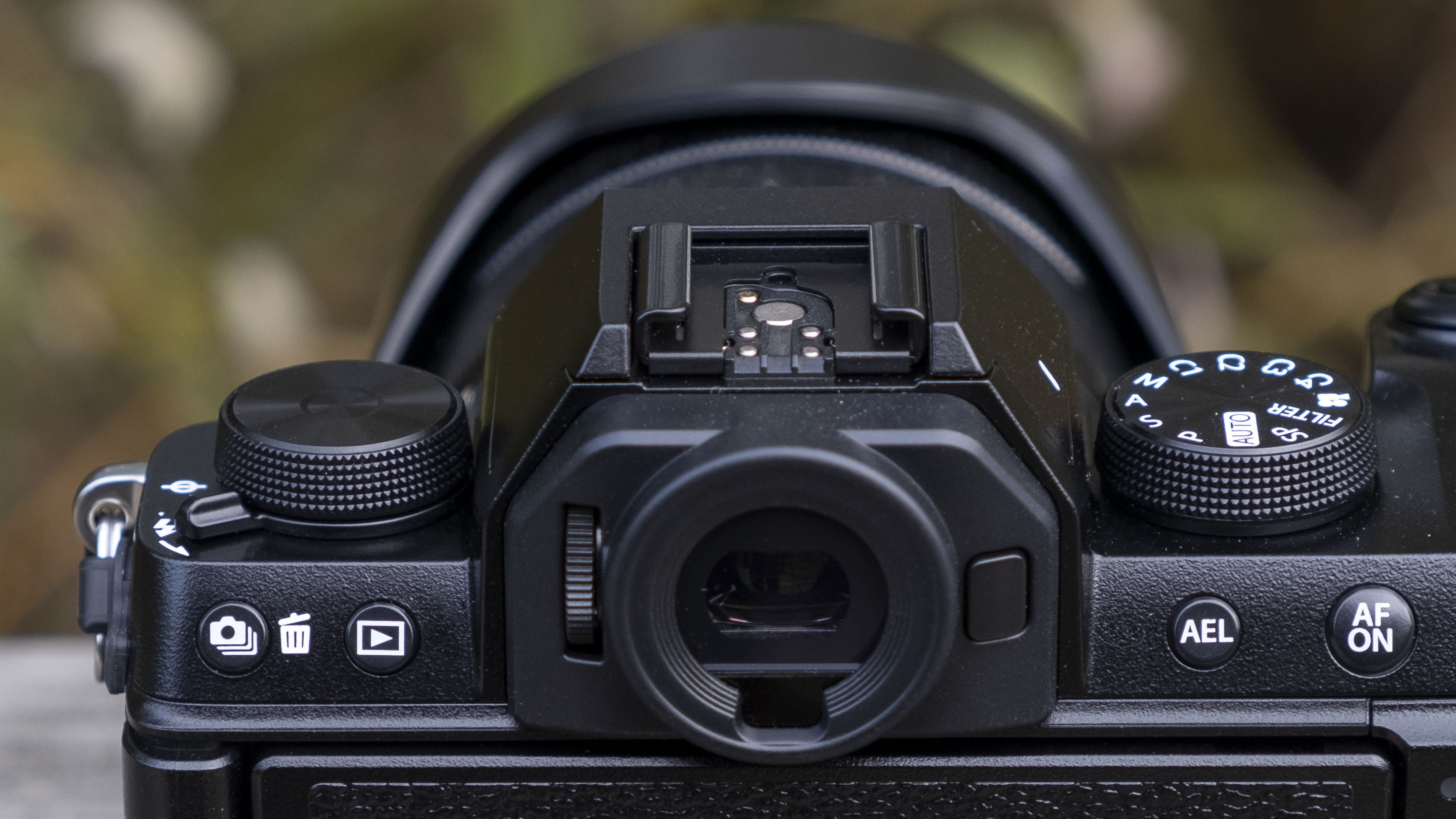
2. Viewfinder or no viewfinder?
The most affordable mirrorless cameras tend to lack a viewfinder (the eyepiece that you look through to compose a shot). In these case, you always compose your shot using the rear screen.
In some ways, this makes them more approachable for anyone coming from a smartphone, as you take photos in a very similar way. But if you're looking to pursue photography as a hobby and grow your skills, we'd highly recommend buying a camera with a viewfinder – they're crucial in bright conditions and are very helpful for refining your photographic eye.
A DSLR is the cheapest way to get a camera with a viewfinder, but the electronic viewfinders (EVFs) on mirrorless cameras show in real-time how tweaking your settings will affect the final photo. For beginners, this is the more intuitive approach and EVF-equipped mirrorless cameras are now more affordable than ever.

3. Autofocus skills
A camera’s autofocus (AF) system can automatically adjust the lens to find focus in a photo. There are two main types: contrast-detection AF and phase-detection AF.
The former is an older, slower system, but it’s also more accurate when it comes to still subjects. The newer phase-detection is more skilful when it comes to focusing on moving subjects, but is less capable in low light.
So what should you look for? Because there are benefits to both, more recent cameras have ‘hybrid AF’ systems which use both technologies. For beginners, we’d recommend looking for cameras with ‘hybrid AF’, rather than contrast-based autofocus alone, as it’s simply more versatile.
Advanced models tend to feature more autofocus ‘points’ which give the camera more flexibility to focus across the frame. Many recent cameras also feature subject-tracking abilities, which can detect features such as eyes or animals and lock on reliably for sharp results.
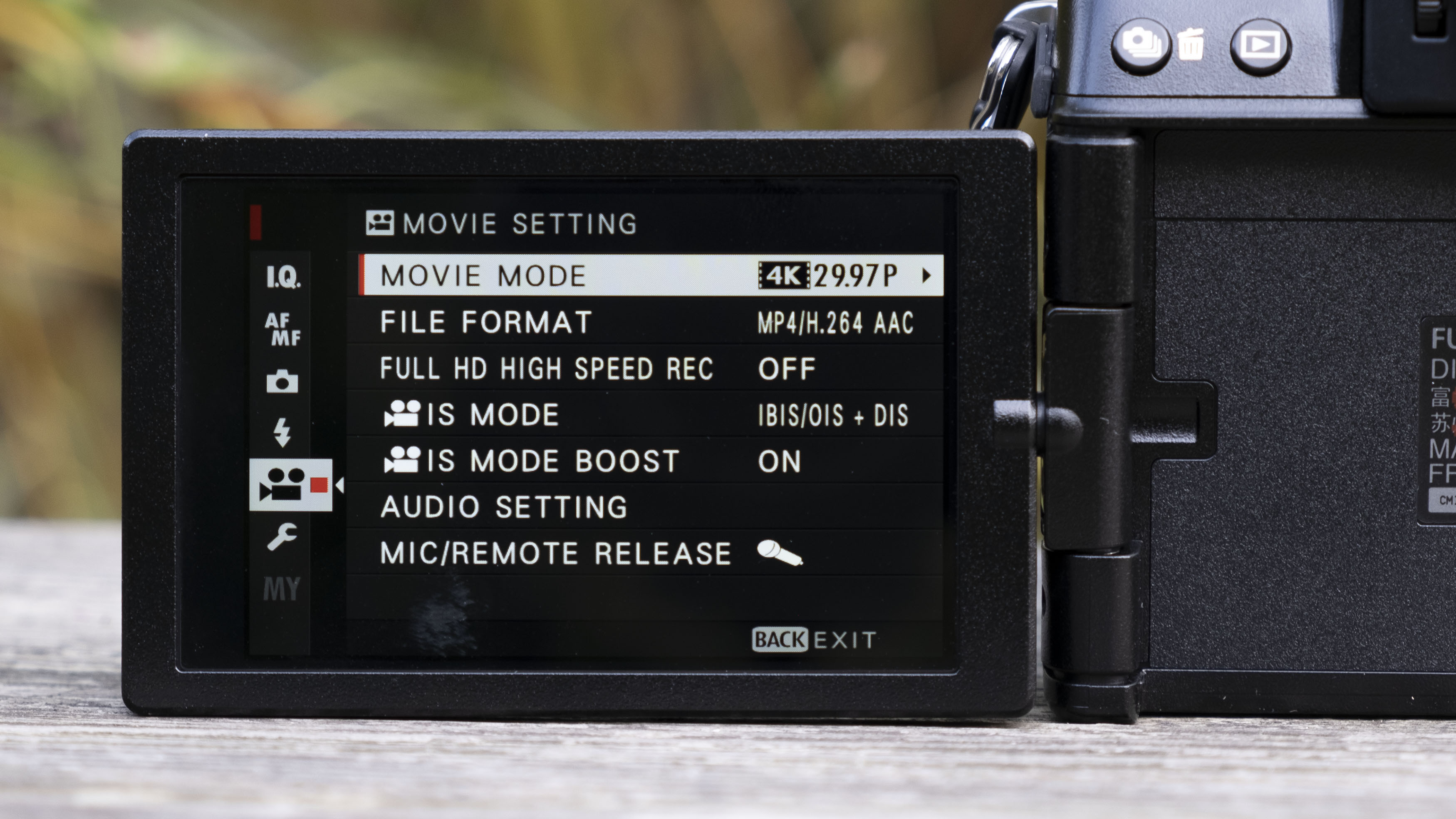
4. Video specs
Video has become an increasingly important feature on the latest cameras, with many now just as capable with moving images as they are with stills.
But it’s not an essential feature if you’re mainly a photographer – in fact, if you can’t see yourself shooting much video, there are great savings to be made on older cameras that are incredibly capable stills shooters, but simply lack features like 4K video.
If you do want a camera that shoots video, though, don’t just look at its maximum resolution. Some of the best video cameras can now shoot video at upwards of 6K, but that will be overkill for most hobbyists. Frame rates are just as important: make sure the camera you’re looking at can at least record at your desired video resolution at 30fps. The option to record slow-mo at 120fps will be a bonus.
You should also check the specs to make sure there’s no major crop on 4K video, which is where the camera chops off the outer parts of the image to process the footage. Features such as microphone inputs and headphone outputs, as well as hot-shoe mounts, will also give you useful versatility if you’re serious about video.
The Black Friday camera deals to look out for
The mirrorless cameras to watch
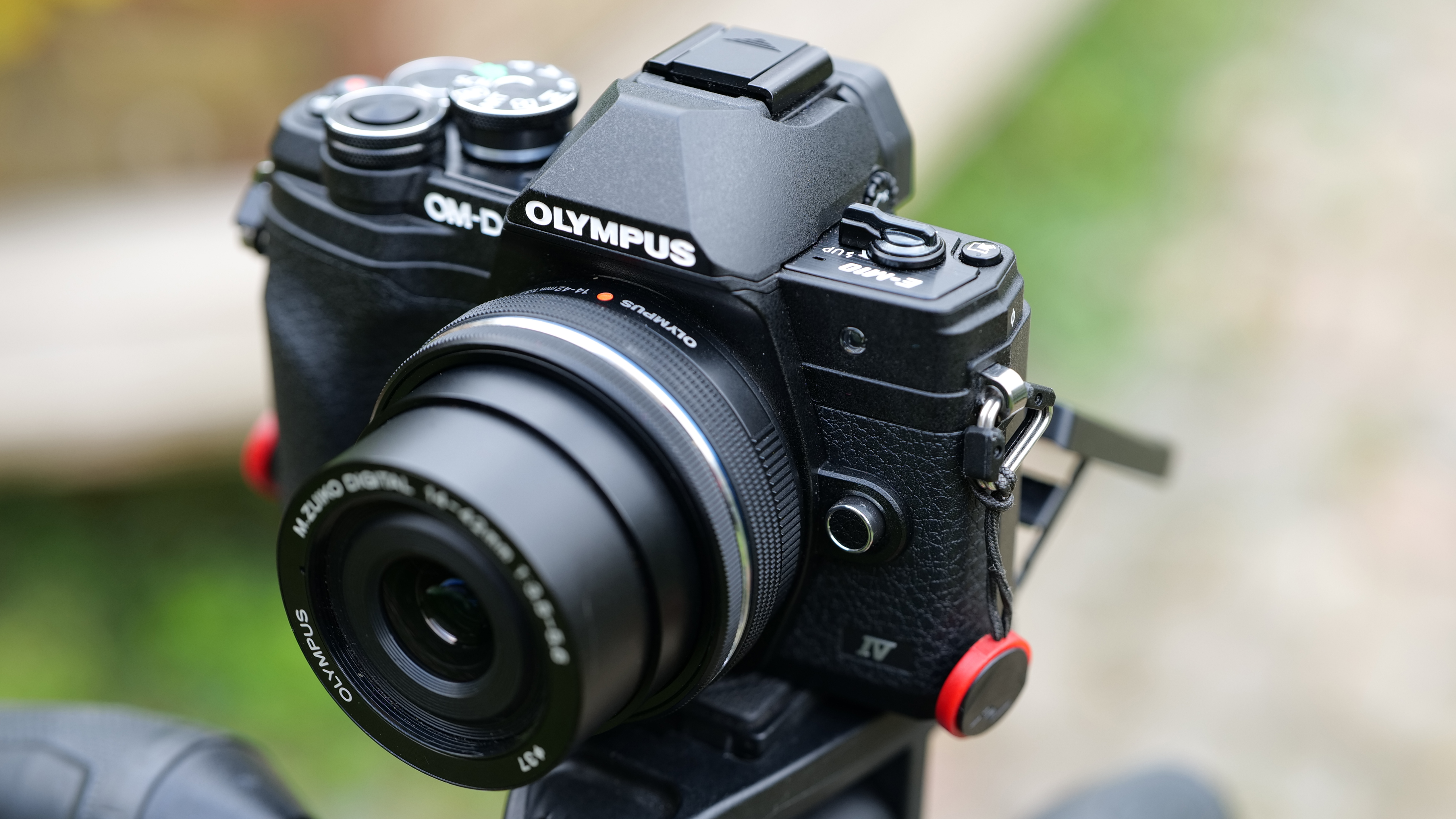
Olympus OM-D E-M10 Mark IV
This is a great mirrorless camera for beginners and hobbyists who are keen on shooting stills. Compact and approachable, its flip-down touchscreen makes it an accessible upgrade for smartphone photographers. Its autofocus isn’t cutting-edge, but the stabilized Micro Four Thirds sensor can capture consistently attractive snaps. If it gets a price cut for Black Friday, it’ll offer even better value.
- Read our in-depth Olympus OM-D E-M10 Mark IV review
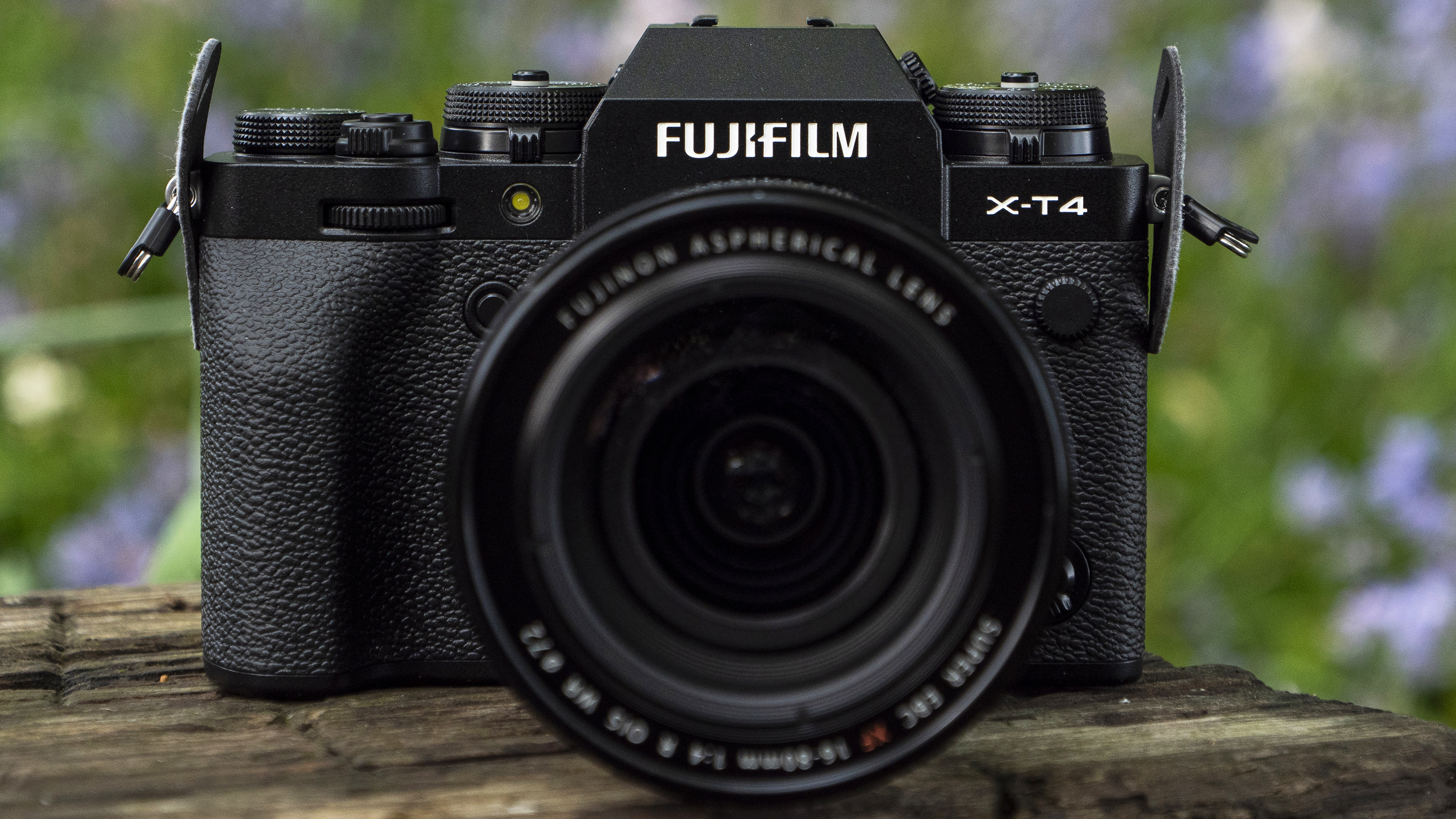
Fujifilm X-T4
Already more affordable than its full-frame rivals, we think the Fujifilm X-T4 is a good bet for Black Friday savings, thanks to the recent arrival of its X-T5 successor. Our current favorite APS-C camera, it combines solid build quality with class-leading image quality and an enjoyable shooting experience. In-body image stabilization and 4K/60p video complete the package, making it every bit the modern mirrorless hybrid.
- Read our in-depth Fujifilm X-T4 review
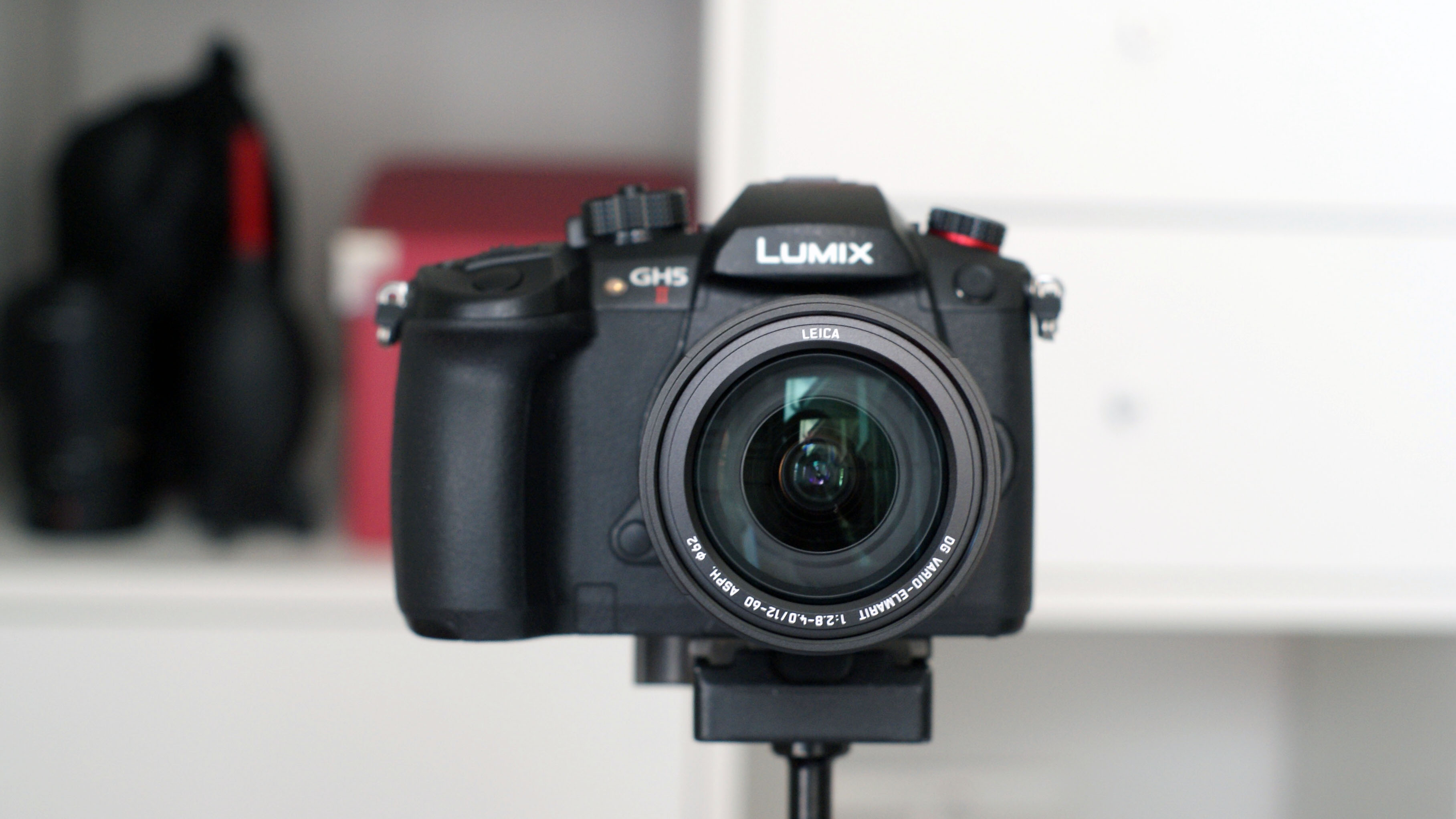
Panasonic Lumix GH5 Mark II
A minor upgrade to the excellent GH5, this lightweight mirrorless camera was the subject of some decent discounts last year – and we’d expect more of the same this Black Friday season. With a stellar range of video shooting options, the Mark II adds wireless live streaming to the original’s popular recipe. Its successor is a more powerful flagship, but we think this model is a great choice for your first accessible but serious 4K camera.
- Read our in-depth Panasonic Lumix GH5 Mark II review
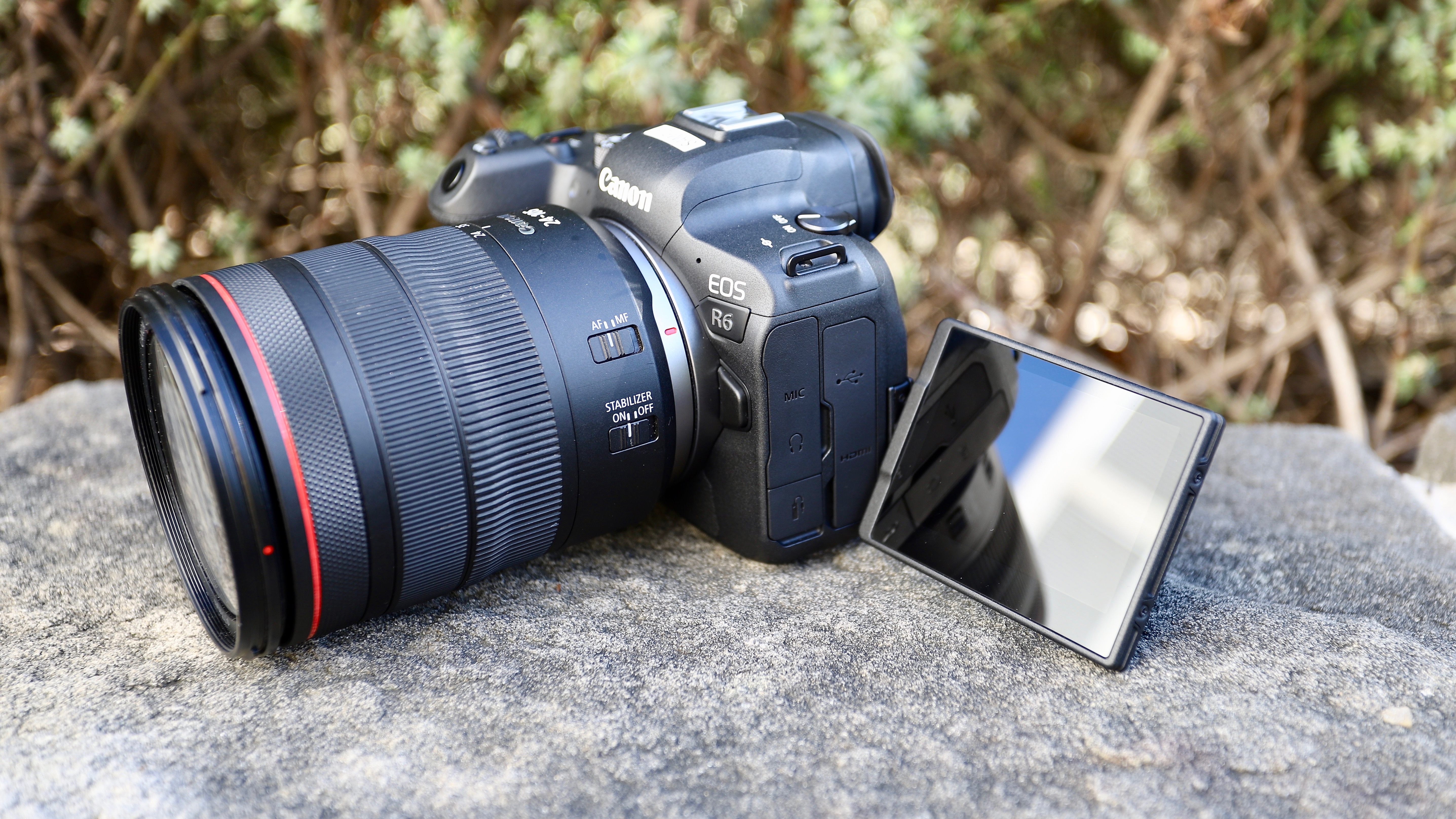
Canon EOS R6
If you’re a Canon fan looking for a mirrorless upgrade, this is one of the best all-rounders you can buy. Its image stabilisation and autofocus are both class-beating, while rapid burst speeds make it a top choice for capturing action. There are better options for 4K filmmaking, but it’s a superlative stills shooter. And thanks to the recent arrival of the Mark II model, we think retailers are likely to reduce it during Black Friday.
- Read our in-depth Canon EOS R6 review
The DSLRs to watch
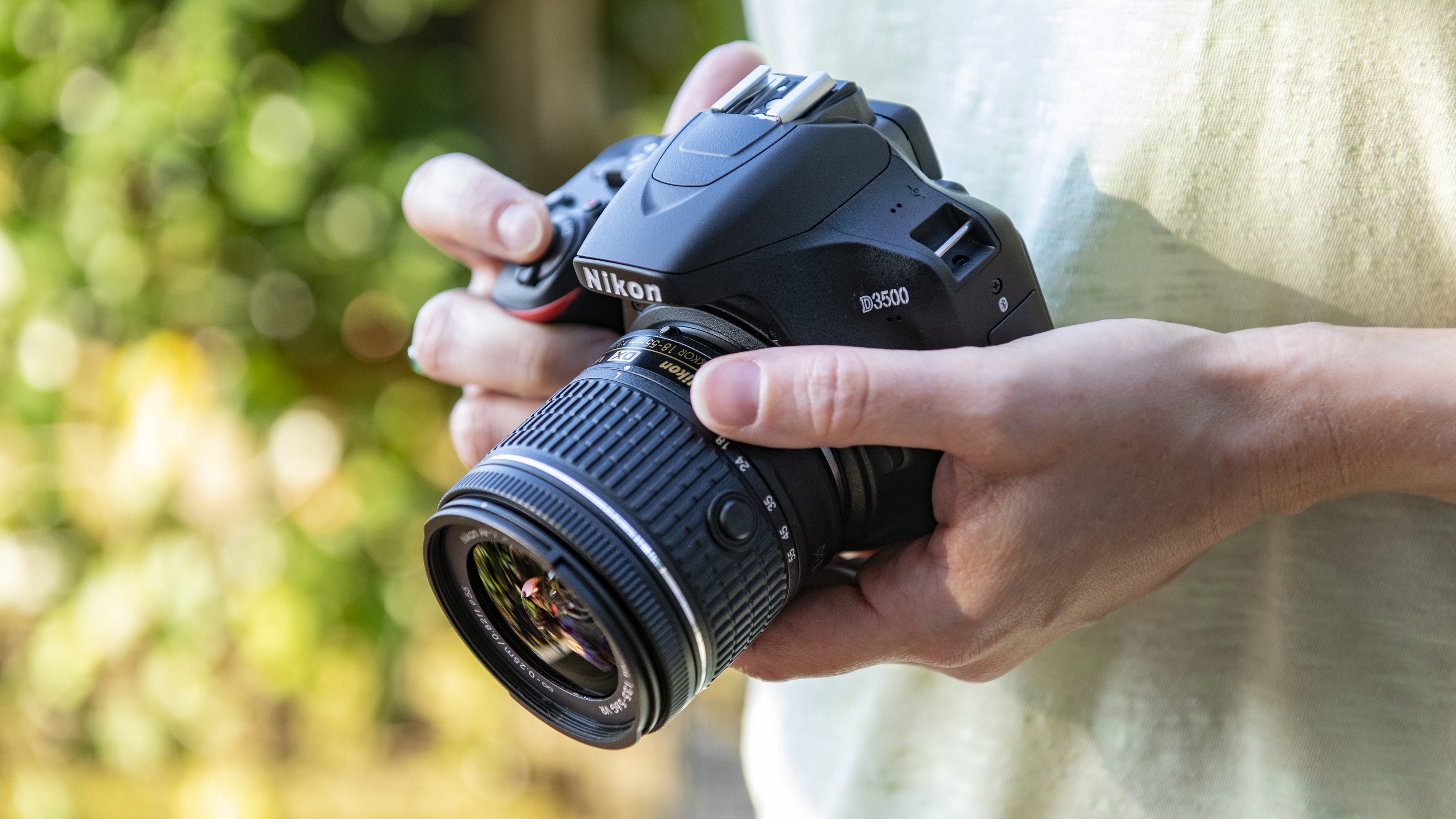
Nikon D3500
This entry-level DSLR is a brilliant budget option for beginners. With a fantastic sensor and classic DSLR handling, it’s also our favorite DSLR overall in 2022. Launched in 2018, it’s recently been officially discontinued by Nikon, but we suggest keeping a look out for retailers clearing stock during Black Friday.
- Read our in-depth Nikon D3500 review
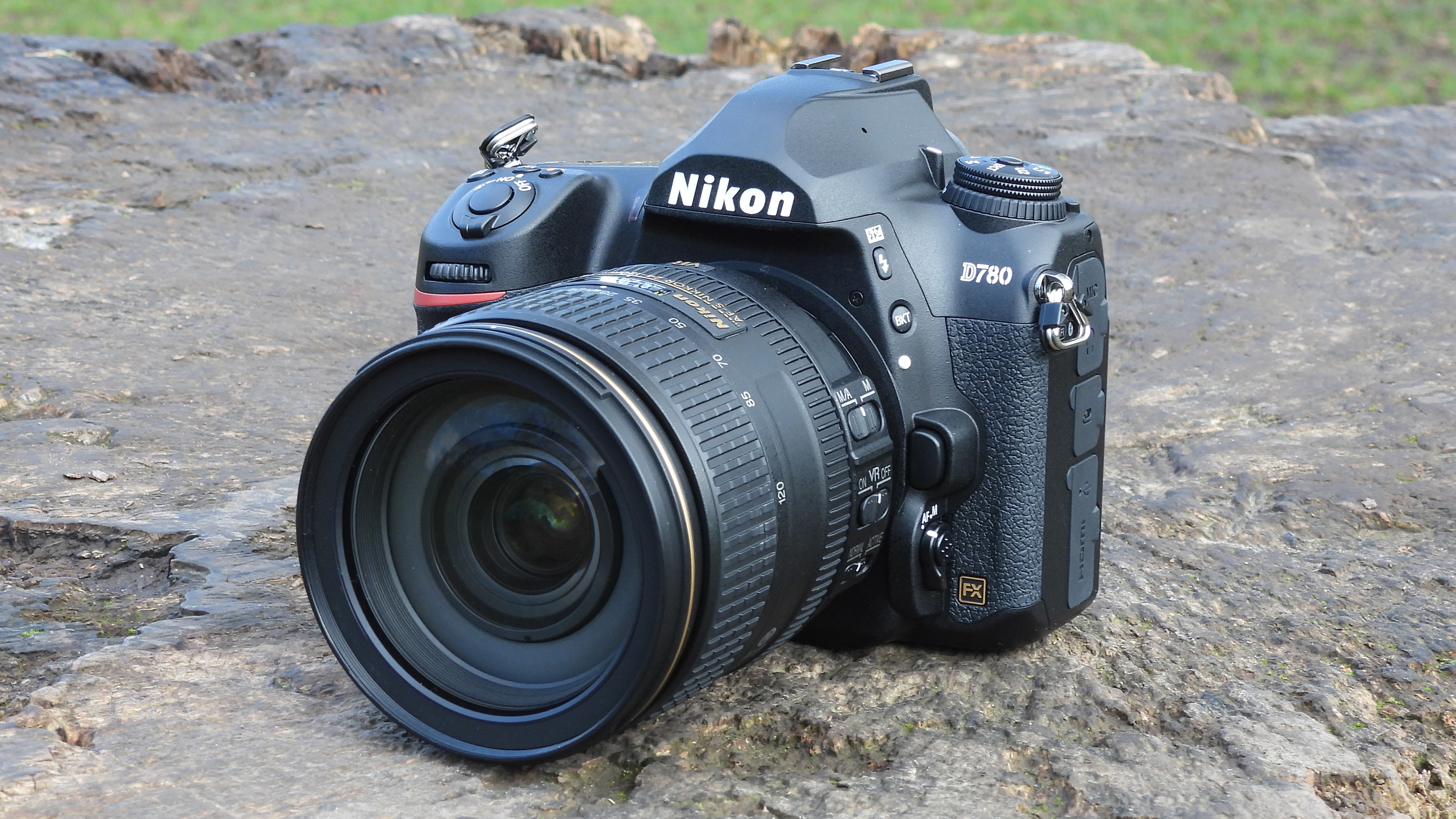
Nikon D780
This full-frame Nikon is basically a hybrid of a DSLR and a mirrorless camera, with a lot to offer for serious enthusiasts. It’s big and heavy, but it can capture fantastic images and 4K video. It also has Face and Eye detection, plus a tilting touchscreen with fast live-view focusing. It was expensive at launch in 2022, but subsequent price drops suggest it could be reduced further during Black Friday.
- Read our in-depth Nikon D780 review
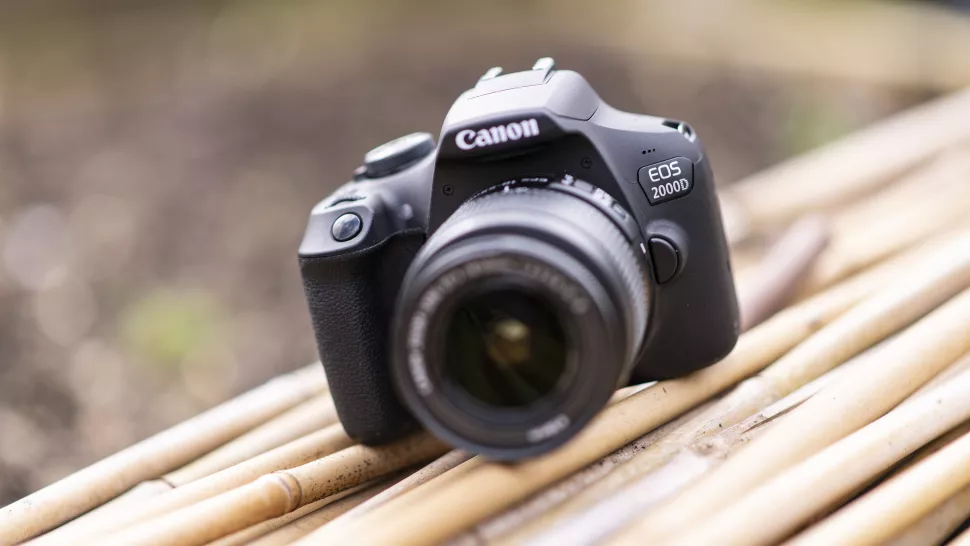
Canon EOS 2000D / T7 / EOS 1500D
Like the Nikon D3500, this beginner-friendly Canon DSLR was released in 2018. That’s reflected in its dated 9-point autofocus system and lack of touchscreen. But if you’d like an affordable camera with reliable battery life, logical controls and an easy interface, it gets the basics spot on. Due to its age, we’d expect to see solid reductions during Black Friday.
- Read our in-depth Canon EOS 2000D / T7 / EOS 1500D review
The compact cameras to watch
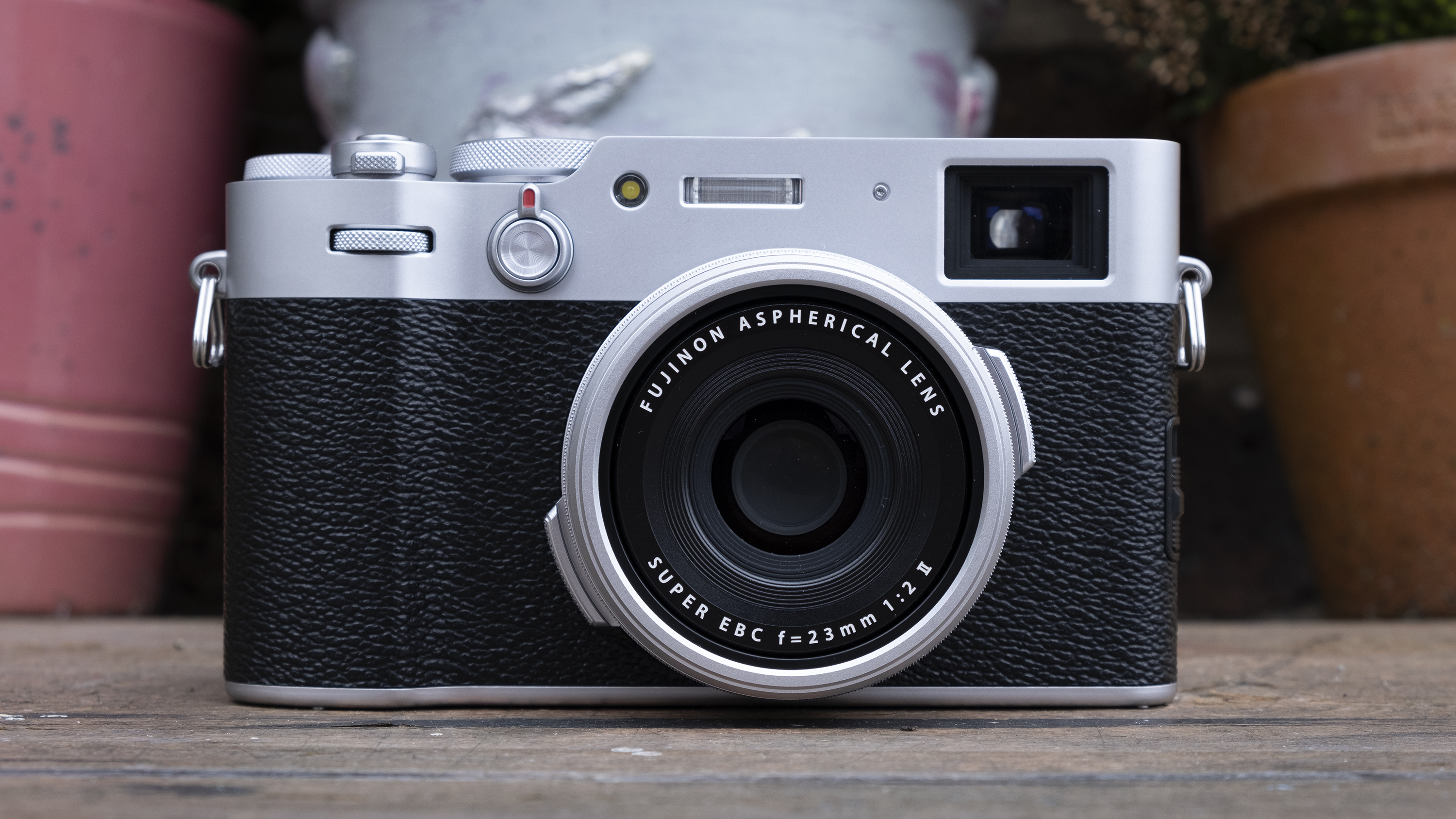
Fujifilm X100V
Fuji cameras are often discounted as part of the Black Friday deals, and this is one of our favorites. Holder of our compact camera crown, the X100V gets almost everything right. With a large APS-C sensor, pocketable design and unique hybrid viewfinder, it’s a wonderfully stylish tool for travel photography. It also benefits from a tilting touchscreen and a fixed 23mm f/2 lens, which unlocks unique creative opportunities. Released in 2020, we’d keep an eye on it this Black Friday.
- Read our in-depth Fujifilm X100V review
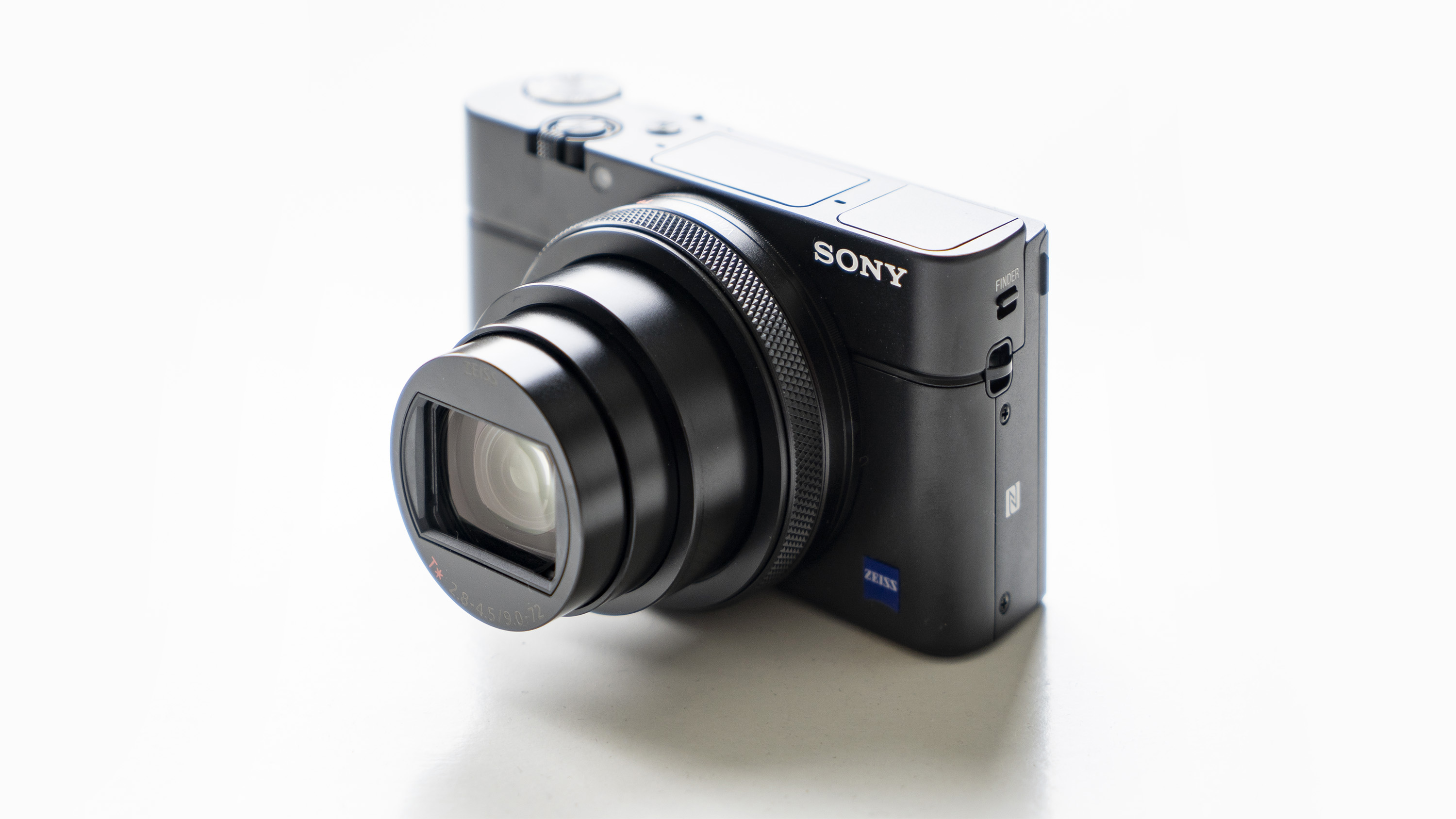
Sony Cyber-shot RX100 VI
Sony’s RX100 series is regularly discounted during Black Friday, so which camera should you choose? With a 1-inch sensor and tidy packaging, we think this model is a great option for most people. A powerful premium compact, it can shoot sharp 4K video and still bursts at 24fps. A 24-200mm zoom lens also gives it plenty of versatility. Its price has always been a drawback, but it’s no longer the latest model in the RX100 line-up, so it’s a likely target for Black Friday reductions.
- Read our in-depth Sony Cyber-shot RX100 VI review
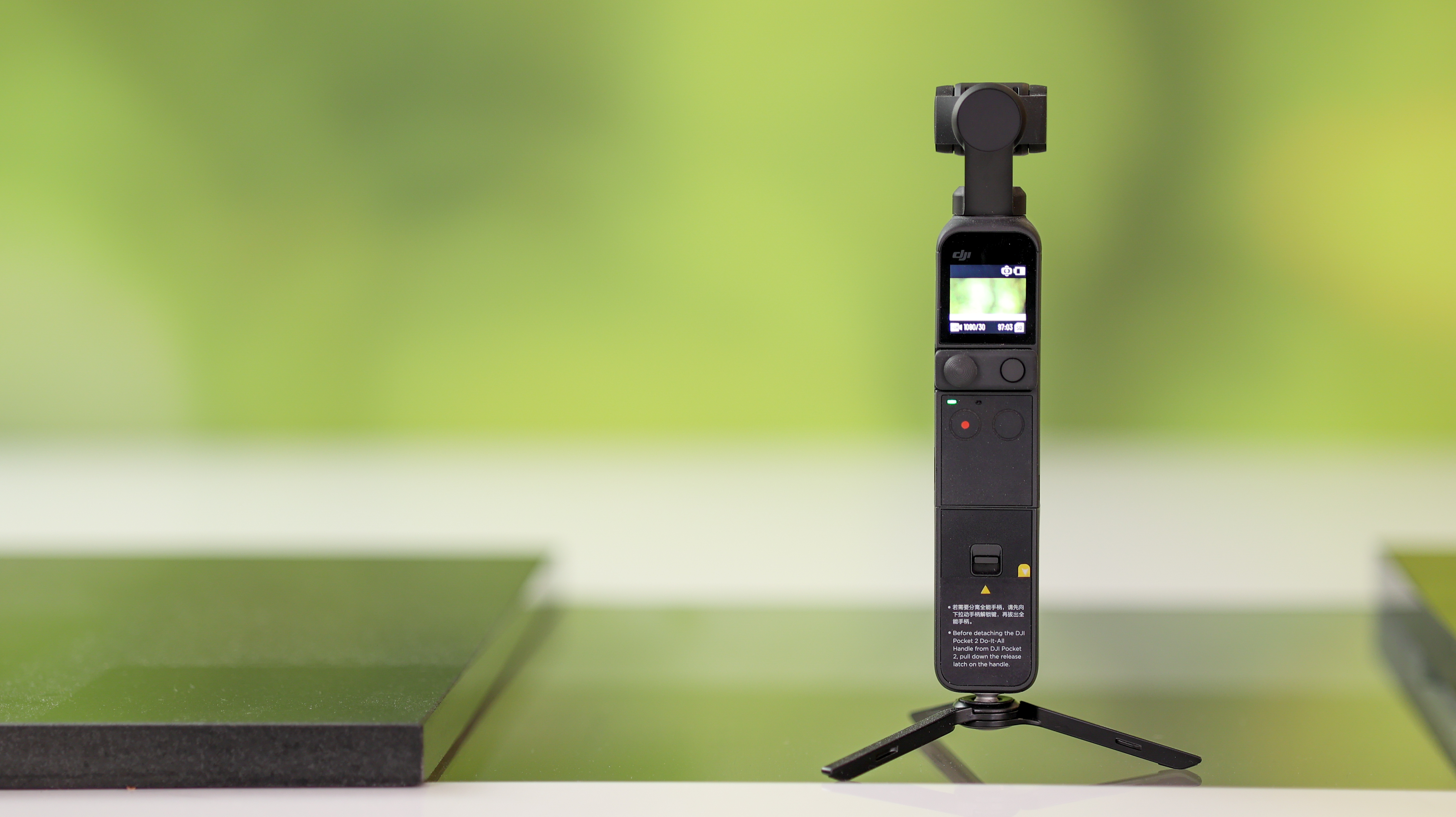
DJI Pocket 2
A unique video camera with compact proportions, the DJI Osmo Pocket 2 is the perfect tool for solo vloggers. Its three-axis gimbal keeps things smooth and stable while shooting 4K/60p video. With rumours of a successor circling around, we think there’s a good chance of reductions during Black Friday. Look out for bundle deals which include the useful Creator Combo.
- Read our in-depth DJI Osmo Pocket 2 review
from TechRadar - All the latest technology news https://ift.tt/xshz9QH